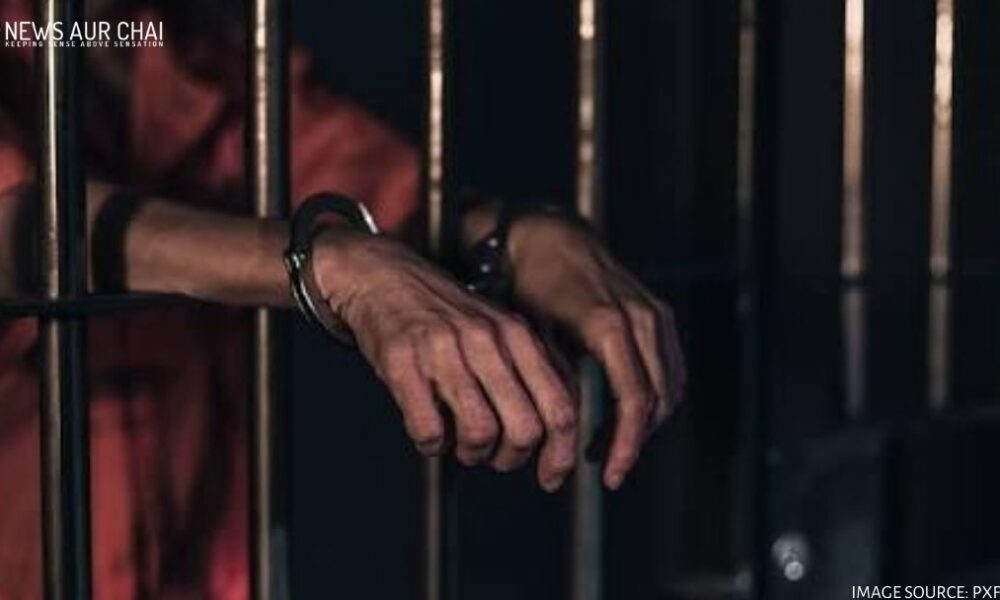Prisons — as soon as we come across the term, the foremost thought permeates our mind is a fitting punishment in the form of warranted captivity for the law’s ruthless offenders. However, Prisons — a system of reformation and rehabilitation for the convicts to mend them back into society are in the dire need for significant reform itself. According to the National Crime Records Bureau, the population in prison stands at 4,66,084 (including pre-trial detainees/remand prisoners) lie at the periphery of welfare, basic entitlement and rights.
The Supreme Court and High Court in their various judgment have pointed out the urgent need for prison reforms, focusing on custodial conditions, poor health care, incompetent legal aid, inadequate staff, non-production of undertrials on their court dates due to a lack of police escort and others.
Earlier this year, the Ministry of Home Affairs released the Prison Statistics India (PSI) 2018 report, which concluded that in the year 2018, 1,845 inmates died in custody, a record number registered in Indian prisons in the last 20 years.
Since 2000, the prisoner population witnessed a rise of 20 per cent worldwide, but in India, the increase was a staggering 71 per cent; there has also been a rise in the number of women prisoners (111.7 per cent) twice the world rate.
The prime reason was the increase in the number of undertrials. The year 2018 witnessed the number of undertrial prisoners in India was almost 70 per cent of the total number of imprisoned ones — their number during the last decade increased by 25.4 per cent. The duration of trials also appears to be going up.
The share of undertrials confined for more than three years has increased by 140 per cent since 2000. However, those imprisoned for less than one year have decreased by 7.54 per cent. The average occupancy rate of jails was 117.6 per cent in the year 2018. However, these numbers differ across states and types of prisons. For example, the occupancy rate is 30.5 per cent in Nagaland, whereas- in Uttar Pradesh, it is 176.5 per cent. Furthermore, while the occupancy of district jails was highest (132.8 per cent), it was 58 per cent for women jails.
The increasing period of confinement and long-delayed trials is borne by mostly innocent people, resulting in the rising population in prison and adding to the woes of the existing prisoners.
The other issues adding to the miserable conditions are the inadequate prison infrastructure, the alarming rate of custodial deaths, criminal activities, and radicalization in jails, the safety of women prisoners and their young children, harassment, torture in prisons, shortage of funds and staff for proper prison administration, neglect of health and hygiene, labor is extracted from them without paying adequate wages, and lack of uniformity in the law relating to the prisons across various states.
More often than not, the circumstances mentioned above lead to the human rights violation of the prisoners. These stand in infringement of the United Nations Standard Minimum Rules for the Treatment of Prisoner (Nelson Mandela Rules) 2015, which calls upon governments to ensure that “the prison regime should seek to minimize any differences between prison life and life at liberty that tend to lessen the responsibility of the prisoners or the respect due to their dignity as human beings.”
The formation of the Jail Reforms Committee dates back to as early as in 1983 where it recommended a setting up of a National Prison Commission to oversee the modernization of the prisons in India; banning the clubbing together juvenile offenders with the hardened criminals in prison; enactment of comprehensive and protective legislation for the security and protective care of delinquent juveniles; segregating of mentally ill prisoners to a mental asylum, and classifying of prisoners should be done on some scientific and rational basis.
All India Committee on Jail Reforms, 1980–83, also listed certain rights available to the prisoners such as Right to Human Dignity, Right to Basic Minimum Needs, Right to Access the Law, and Right to Meaningful and Gainful Employment.
There is an urgent need for capacity building to harbor a safe environment for the prisoners and increase awareness to foster one’s right of legal aid. Media plays a crucial role in reporting the inmates’ condition, and their plight should be highlighted to maneuver the government to take necessary actions.
The jails official should be granted regular transfer so that the officials do not get involved in corrupt practices, torturing activities, and regular visits by the district judge in the prison of his jurisdiction. Hence, the prisoners should be ensured safety and security and should not be stripped of the rights.
Consequently, we need to urgently draw our attention to surmise that the prison system should not be entitled to exacerbate afflictions during the process of imprisonment rather function as reformation centers for the offenders.
